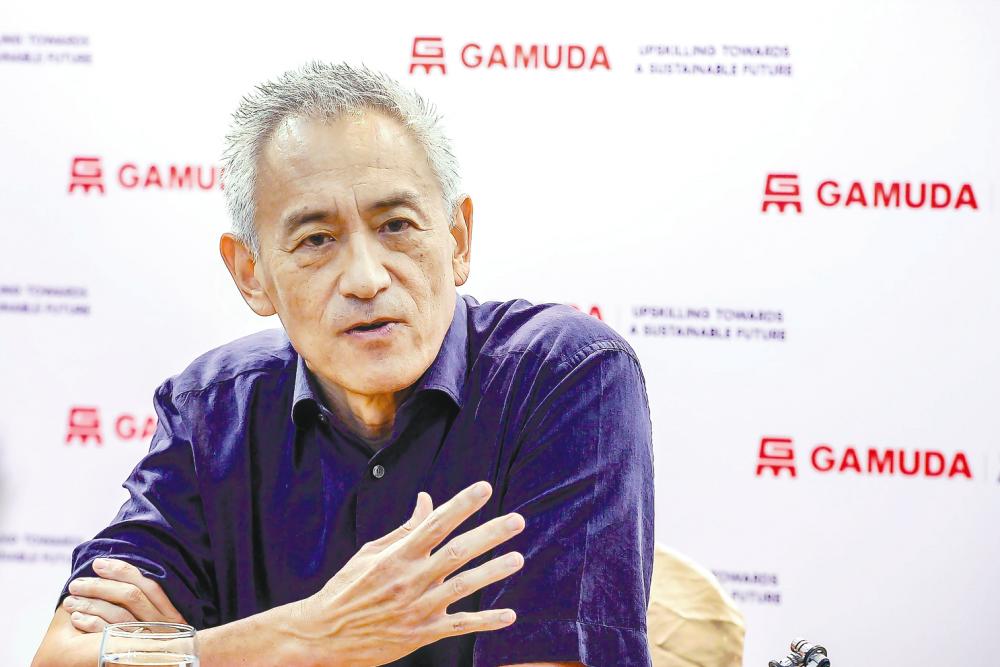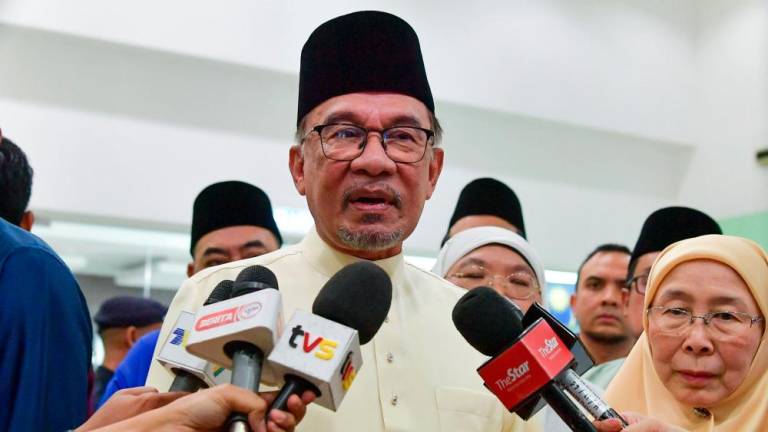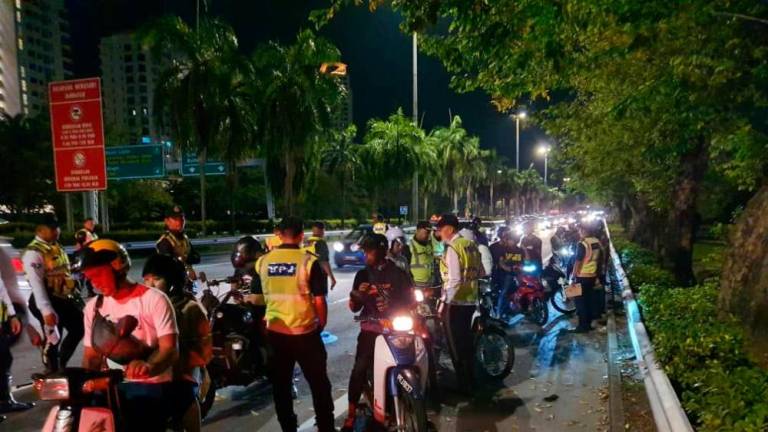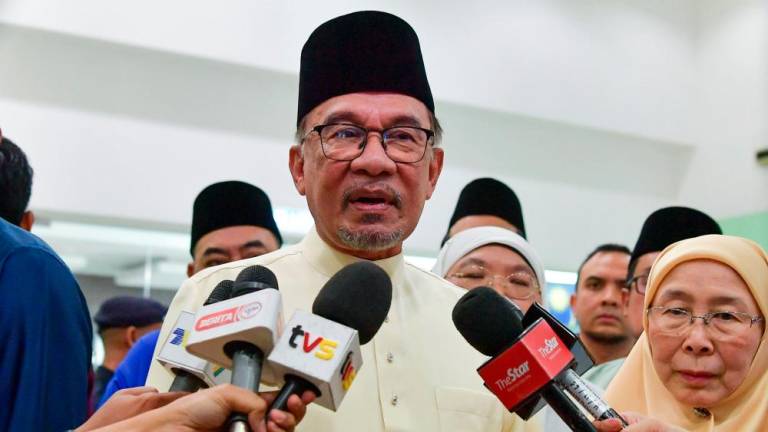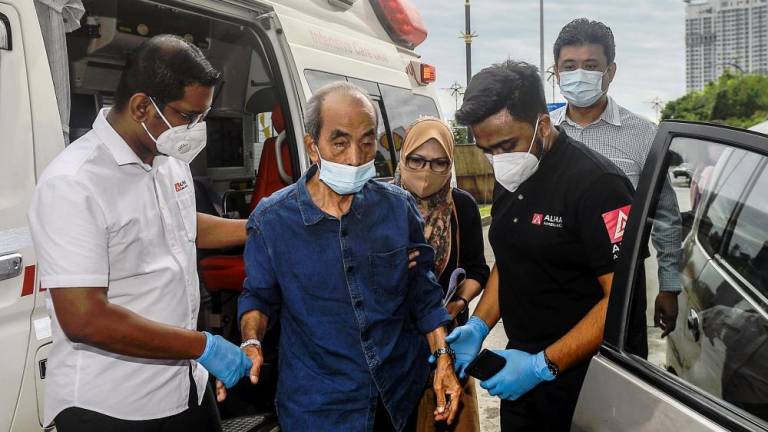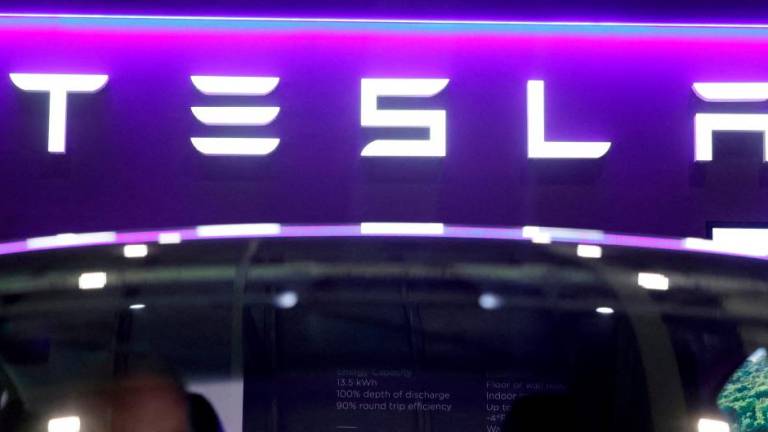SHAH ALAM: Gamuda Bhd is proposing a levy to be paid by developers to the government in lieu of the bumiputra quota requirement, which has contributed to an overhang of unsold units and high holding cost.
Group managing director Datuk Lin Yun Ling (pix) told reporters at a press conference after the group’s AGM today that the holding cost of complying with this requirement is getting heavier. He estimates holding cost to be at 20% of revenue. He also stressed that this is unlikely to reduce house prices.
The policy requires at least 30% (varies according to states) of total units developed to be earmarked for bumiputra buyers with a holding period of three years or more. The units are to be sold at a discount of 7%.
He said it would be preferable for developers to pay a levy in place of being subjected to the bumiputra quota requirement to prevent the painful and costly process of the holding cost, which he said is causing house prices to increase.
“As a developer, we would prefer to pay a 2% levy to the government based on sales. The government can then look to build at locations suitable to the B40 (bottom 40%) group,” noted Lin.
“We think the time has come for the government to relook this practice because in the first place, the intended beneficiaries of this policy are actually not benefiting from it,” he said, adding that the number of bumiputra buyers are few.
He added that apart from holding cost, locations in which affordable housing are being developed by the private sector developers are not conducive for the B40 group, resulting in low uptake.
The government will then be able to plough back the levy contributions to subsidise the B40 group by providing loans and building homes in strategic locations as well as bridge the affordability gap.
When asked if the proposal has been conveyed to the authorities and other industry bodies, Gamuda said that discussions are currently under way.
In terms of profit for its property arm,overseas projects contribute 70% and local projects 30%.
Commenting on the outlook, Lin said the group is looking at growing its ventures overseas to maintain its revenue and profit growth which grows at a compounded annual growth rate of 15%.
Gamuda, which already has a footing in Australia via its property arm, is also setting sight on infrastructure projects there.
“We are looking at infrastructure projects overseas. For example, the state governments of Victoria and New South Wales in Australia are going to invest over AU$100 billion in railway and metro projects, mainly in Sydney and Melbourne over the next 10 years,” he added.
As for the Penang Transport Master Plan, Gamuda, which is part of SRS Consortium Sdn Bhd, is expecting to secure Putrajaya’s approvals by the first quarter of next year.



